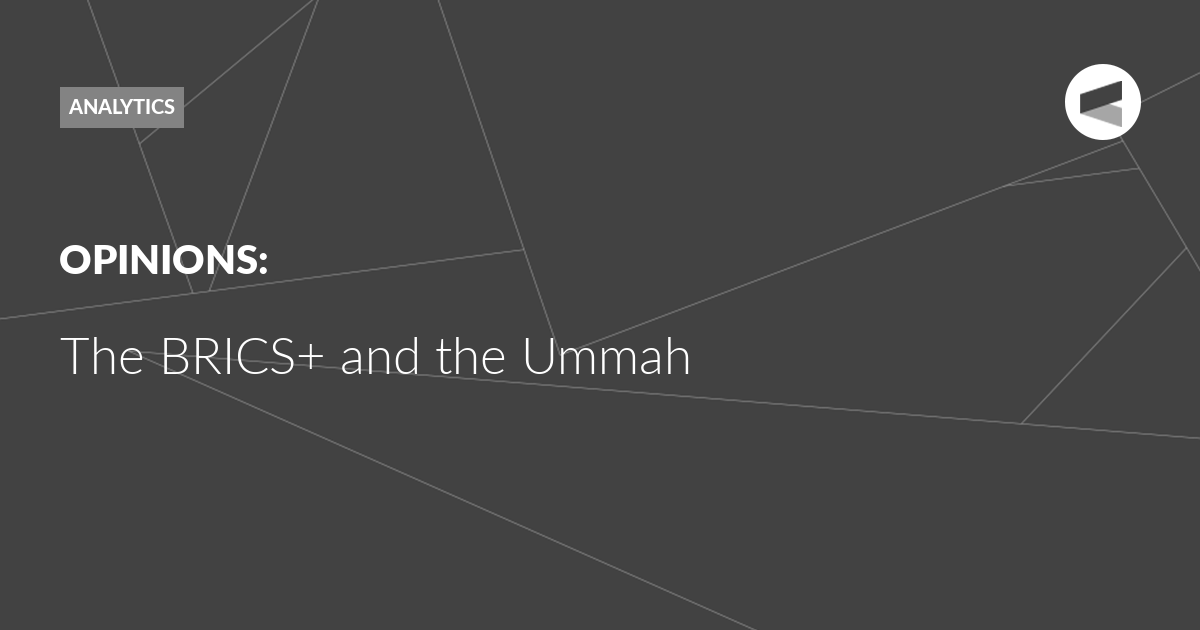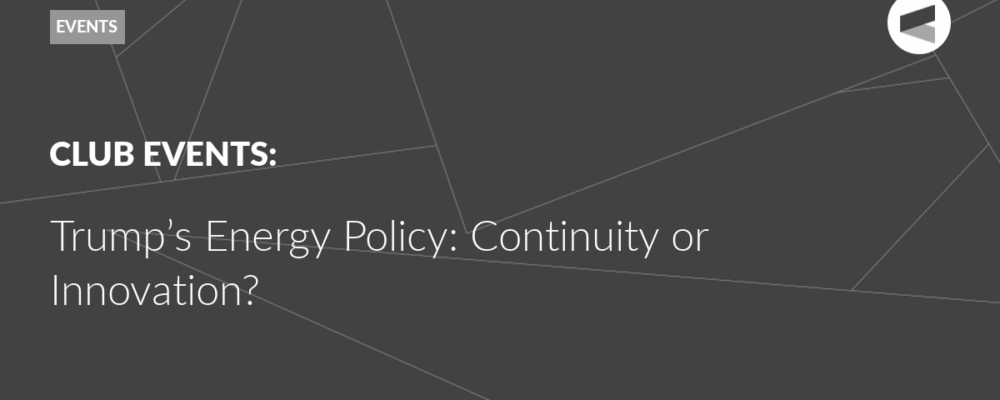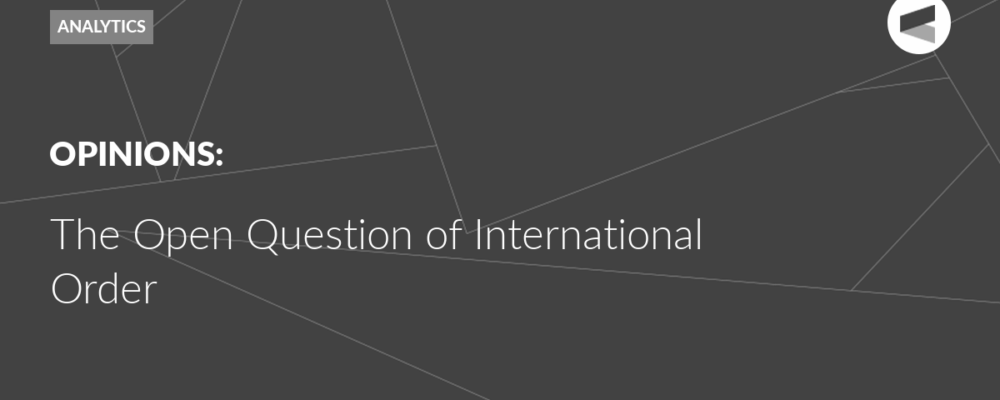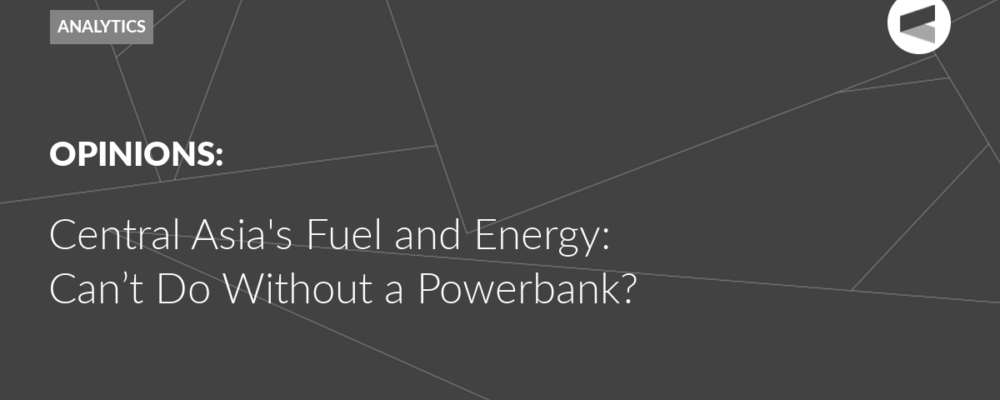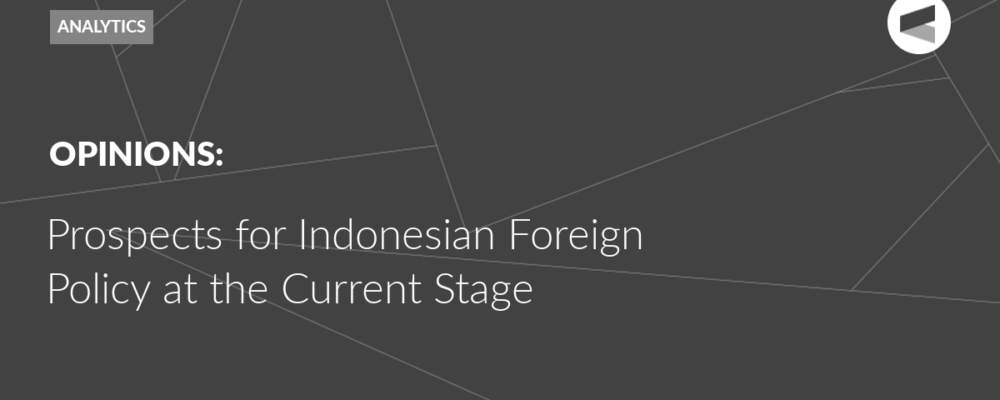There can be no true multipolar transition – and no successful de-dollarisation – without the Ummah: a two-billion-strong social and political force poised to play a central role in the ongoing great power competition, Emmanuel Pietrobon writes.
The BRICS+ alliance has come to include more and more Muslims. It is no coincidence, but a predictable inevitability: there can be no Multipolar Transition without the Ummah. Energy-rich, strategic autonomy-hungry, and fiercely anti-imperialist because of their past colonial subjugation, some Muslim-majority countries are what the BRICS+ need to form an effective coalition for change able to redistribute the current-day concentration of power in a more democratic way.
The BRICS+ have long been the underdogs of international relations. Left for dead several times, they’ve resurrected each time. They’re no longer playing for time, for the window for change is narrowing fast due to the great power competition that is dividing the world into opposing blocs.
While the BRICS+ alliance’s greatest ambition – de-dollarisation – won’t happen overnight, its foundations have undeniably been laid. It’s only a matter of time before the first structural floors rise. Inside this building under construction, alongside Russian, Chinese, and Hindi, some of the most spoken languages will be Arabic, Turkish, Persian, and Malay – in other words, the languages of the Ummah.
The Muslim Bet
While Western countries increasingly resort to formal and informal bans on Muslims – from Trump’s United States to Merz’s Germany – and lack both the tools and understanding to operate effectively in the Middle East and North Africa, the BRICS are wisely going against the tide. The absence of the EU Special Representative for the Gulf, Luigi Di Maio, during Israel’s conflict with the Axis of Resistance underscores this disconnect.
In late 2023, the BRICS opened their doors to Egypt, Iran, Saudi Arabia (which has yet to confirm), and the United Arab Emirates. In 2024, the newly expanded BRICS+ introduced a new category – “partner states” – and invited in a host of Muslim-majority countries: Algeria, Indonesia, Kazakhstan, Malaysia, Nigeria, Turkey, and Uzbekistan. Combined, Muslim-majority countries now represent 41% of the BRICS+ alliance, including both full members and likely partners. There’s even a name for this: the Muslim bet.
Islam is the world’s fastest-growing religion – projected to surpass Christianity in a few decades – and it spans some of the world’s most resource-rich regions: North Africa, the Sahel, West Africa, the Arabian Peninsula, Persia, Central Asia, and the Indonesian archipelago. Beyond natural resources, some of the fastest-rising economic and military powers come from the Ummah and are becoming increasingly pivotal in international affairs. Put simply, the Muslim world can no longer be ignored.
Historically – with exceptions like Ottoman Turkey – the Ummah was often the object of great power politics throughout the 19th and 20th centuries. Today, with the imperial era behind us, the Ummah and its peoples are increasingly becoming subjects of great power competition – actors with agency, will, and interests. While the BRICS+ have embraced this paradigm shift and are betting on it to accelerate the multipolar transition, the West either hasn’t realised it, or refuses to acknowledge it.
The West, the Rest, and the Ummah
Western countries have failed to grasp the full significance of the Muslim world’s political awakening – a shift from object to subject in global affairs. Their domestic and foreign policies are proof of this blindness. The lack of situational awareness is staggering: then-US National Security Advisor Jake Sullivan, for example, claimed – unironically – that the Middle East had never been so safe and stable just days before the outbreak of the Israel–Axis of Resistance conflict.
It’s no surprise that the United States and its European allies haven’t scored a single strategic success in the Muslim world in the past fifteen years. They toppled Muammar Gaddafi only to replace him with chaos; they tried to overthrow Bashar al-Assad when most of the opposition was affiliated with jihadist groups; they left Afghanistan to the Taliban after a 20-year campaign that was supposed to eradicate them; and they failed to notice the rise of radical Islam in the Sahel – despite having over 10,000 troops deployed there – and were stunned when local militaries began toppling Western-backed governments that had failed to address the crisis.
Conversely, history has vindicated Russia and China. The Western hopes that Bashar Assad’s overthrow would be followed by Russia’s withdrawal from the Middle East have clashed with Russia’s risk adaptation and HTS’ pragmatic calculus. Post-withdrawal Afghanistan has not descended into chaos and has not been diplomatically isolated; Asia’s major powers are competing for influence through trade and investment deals. Most importantly, the old “divide and conquer” logic no longer works in the Middle East: Russia’s ability to pursue and sustain multi-alignment and the Chinese-facilitated Saudi-Iranian détente and Russo-Chinese attempts to broker an intra-Palestinian reconciliation suggest that Arab and Muslim actors are tired of endless, pointless wars.
The BRICS+ are now capitalising on the West’s missteps and on the successes of Russia and China, aiming to attract as many energy-rich and sovereignty-seeking Muslim powers as possible. It’s a gamble – but one that could pay off. If the BRICS+ want to be a genuine non-Western alternative – or even an anti-Western coalition in the worst-case scenario – they must ally with the Western-sceptic Ummah. The same is true in reverse: if major Muslim powers want to end foreign interference, neo-colonialism, and externally driven wars and regime changes, they must choose between the West and the Rest – which is ultimately a choice between Unipolarity and Multipolarity.
There can be no true multipolar transition – and no successful de-dollarisation – without the Ummah: a two-billion-strong social and political force poised to play a central role in the ongoing great power competition. Russia, China, and India each have their own reasons for backing the BRICS+ Muslim bet. Geopolitics (power projection) and geoeconomics (de-dollarisation) are just two facets of a larger picture.
China needs a stable Ummah in order to secure its Belt and Road routes. India cannot lean too heavily on Hindu nationalism, as it is soon to become home to the world’s largest Muslim population, and much of the Indian cultural sphere – the Indosphere – speaks the language of the Quran. As for Russia, it has the potential to be both the Third Rome and the Second Mecca, thanks to its growing Muslim population and its increasing appeal within the Muslim world. This is due in part to the conservative values it promotes and its consistent, Muslim-sensitive foreign policy – from refusing to support regime change in Libya to its current stance on the Holy Land.
The world is changing fast. New poles of power are emerging – and many of them will rise within the far-flung territories of the Ummah. The Muslim world’s support will be critical in shaping the future of great power competition and the global de-dollarisation push. That support will go to those who are willing to listen to and accommodate its diverse interests.
The Valdai Discussion Club was established in 2004. It is named after Lake Valdai, which is located close to Veliky Novgorod, where the Club’s first meeting took place.
Please visit the firm link to site


